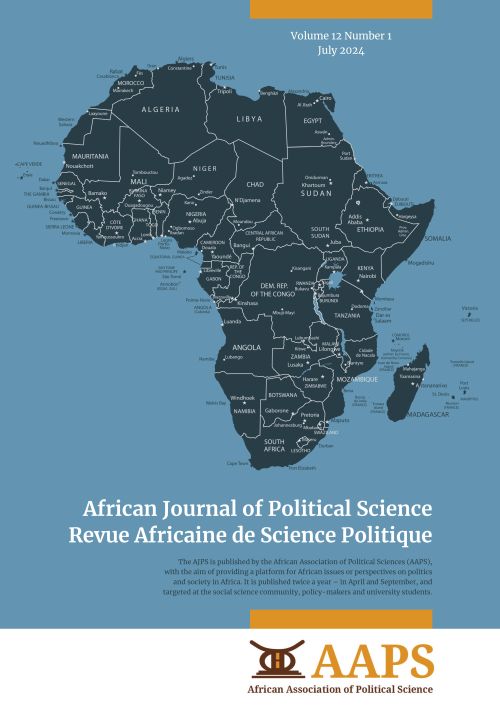Main Article Content
Hegemonic Party System and Federalism The Case of the Ethiopian Federal System under the Ethiopian Peoples’ Revolutionary Democratic Party (EPRDF)
Abstract
The paper inquires about the fixture of the Ethiopian Peoples’ Revolutionary Democratic Party (EPRDF) in the Ethiopian federal system, as a dependent variable. It is an interpretive-case study design that elaborates, not compare, a given case with certain theoretical and empirical guides drawn from literature, official, and public documents. The discussions have shown the malfunction of the EPRDF dominated party system in the multi-ethnic federal constitutional setup, in terms of legitimacy and effectiveness. The hegemonic political program of EPRDF was not in line with the political pluralism meaning of the federal constitutional diversity, as it delinked the constitutional right to self-determination and federal self-rule from the types of political options and choices that dovetailed to multi party democracy. On the structure of EPRDF, equal representation was favourable to the federal politics of diversity accommodation
and minority protection. However, the exclusiveness of its structure from the so-called affiliate parties had the effects of spawning a narrow-based federal shared-rule, as EPRDF was the only channel to influence the centre. Like its Marxist-originated hegemonic program and democraticcentralism, the fusion of EPRDF and the state was the other setback to bring the constrain of power to the federal constitutional operation and to establish the neutrality of the state to deal with ethnic-driven conflict, as a major pathology to the stability of ethnic federal system. Finally, the power nucleus in the EPRDF created the dominance of TPLF at the perils of diminishing the representative legitimacy and the subordinate position of the affiliate parties to EPRDF.




